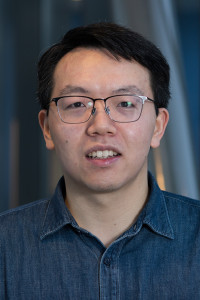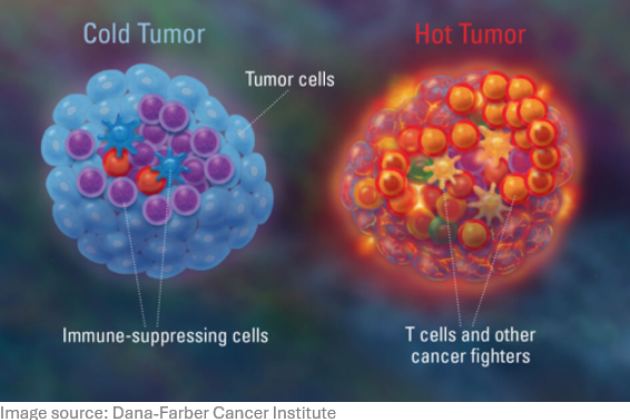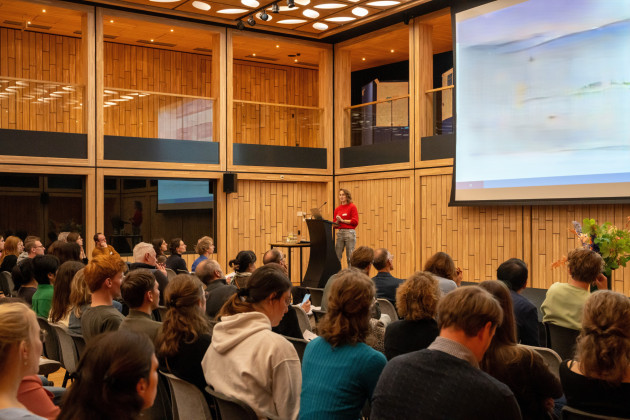PhD student

Autoantibodies are present in many autoimmune diseases such as Rheumatoid Arthritis. Several of these autoantibodies activate the complement system, leading to tissue damage. My research focuses on developing new treatment strategies by inhibiting complement activity only locally. One approach is to use bi-specific antibodies, of which one arm binds to a local antigen, and the other arm binds to an endogenous complement inhibitor. By exploring different parental antibodies and different formats of antibodies, I aim to develop a new strategy for treating autoimmune diseases.
I obtained my bachelor degree of Veterinary Medicine in Ji Lin university (Chang Chun, China). After graduation in 2017, I moved to Peking Union Medical College (Tsinghua university) to do my master. My research was focused on cell fate decision in early embryo development, where I obtained experience and expertise both on lab work and animal experimentation. After obtaining my master’s degree in 2021, I came to the Netherlands and joined Prof. Trouw’s group, to start my PhD work on targeted, local inhibition of the complement system.
Haiyu Wang; Fleur S. van de Bovenkamp; Douwe J. Dijkstra; Leoni Abendstein; Nicole V. Borggreven; Jos Pool; Rob Zuijderduijn; Christoph Gstöttner; Kyra A. Gelderman; Timon Damelang et al
10.3389/fimmu.2024.1288597



Looking for information on one of our topics, a new place to conduct your research or connect to experienced researchers to join forces with? Feel free to contact us!